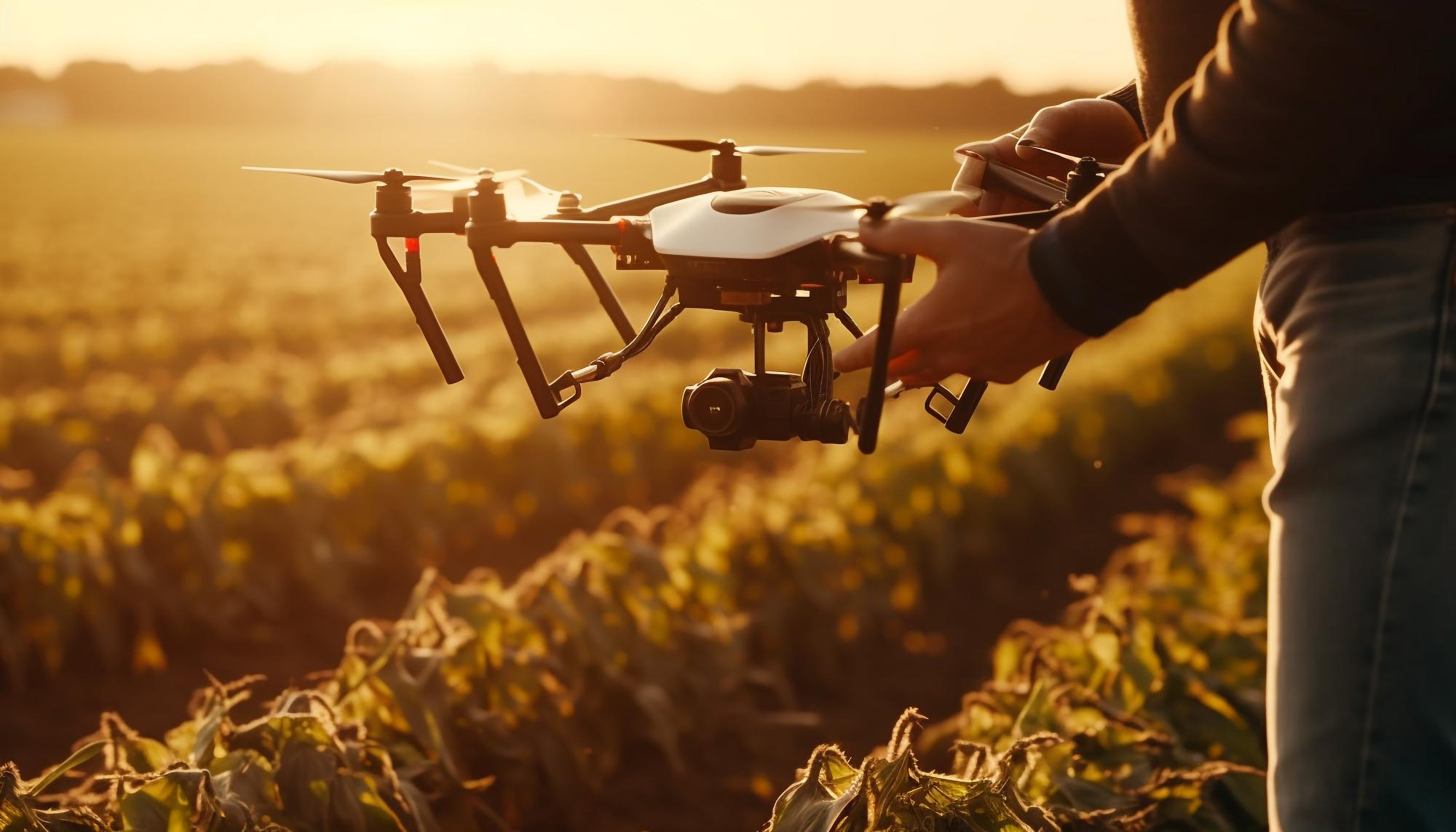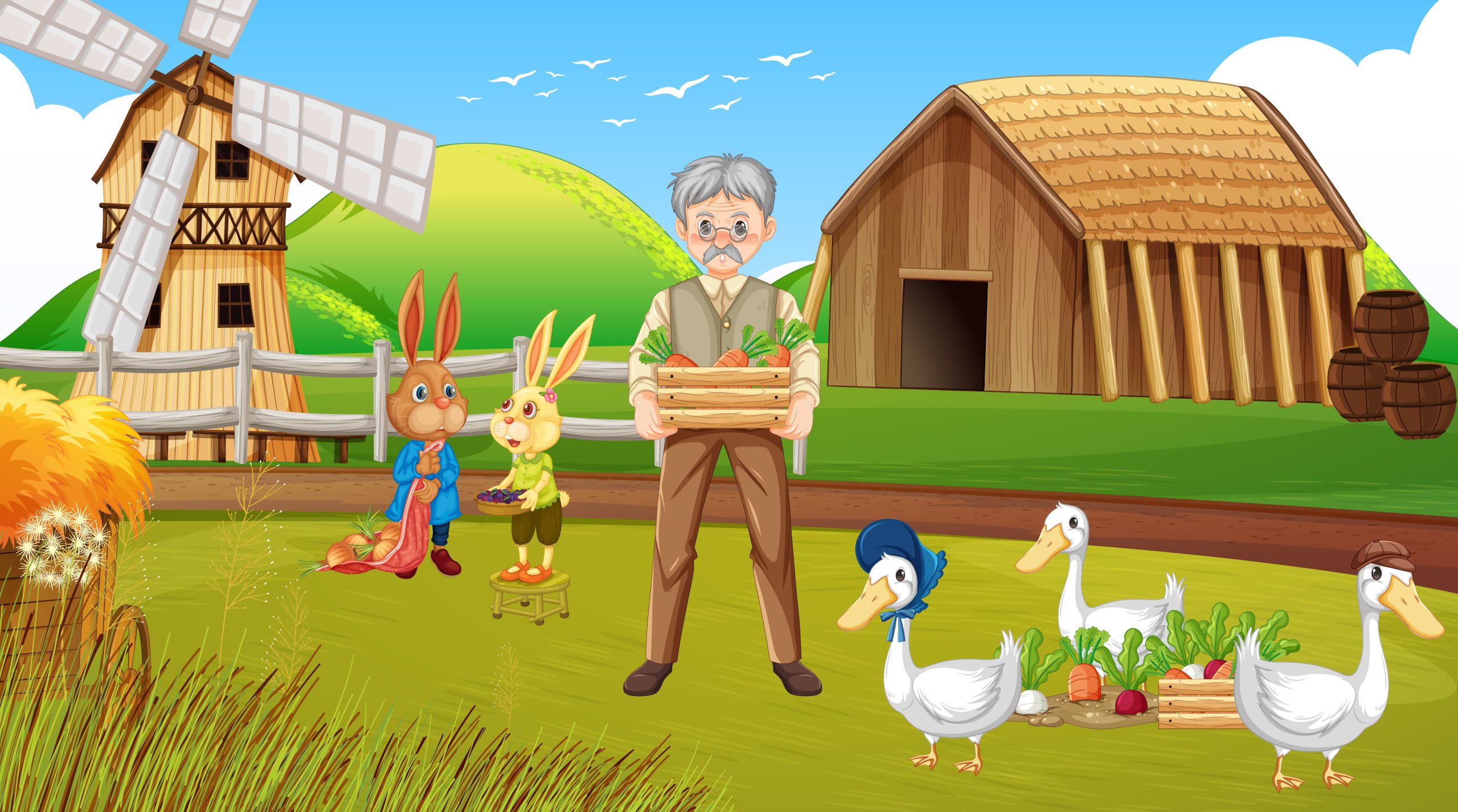Agriculture is the backbone of Kenya’s economy, employing over 40% of the population and generating about 65% of export earnings. As such, equipping students with the knowledge, skills, and expertise to excel in agriculture is critical for the country’s continued prosperity. However, agricultural education in Kenya faces major challenges like outdated curricula, teacher shortages, and lack of access for rural students. The innovative integration of technology, especially Artificial Intelligence (AI), into classrooms is offering solutions to elevate agricultural learning. Stakeholders are also addressing existing barriers to maximize the potential of technology-enabled education.
The Challenges Confronting Agricultural Education in Kenya
While agricultural education has expanded in Kenya, schools – especially in rural areas – grapple with myriad challenges that affect teaching quality and student outcomes:
Limited Access to Quality Agricultural Education
Most secondary schools in Kenya offer agriculture as a mandatory subject. However, students in remote rural regions often lack access to adequate learning resources, well-equipped facilities, and knowledgeable educators. Insufficient instruction time also hampers agriculture education in many schools. This impedes students from gaining essential theoretical knowledge and practical skills.
Outdated and Misaligned Curricula
The agriculture syllabus taught in classes frequently fails to address emerging practices, technologies, and market needs. For instance, crucial concepts like precision agriculture, hydroponics, and agribusiness entrepreneurship are often excluded. Syllabi may remain static for years without reviews, causing a misalignment with real-world agricultural trends. This leaves graduates underprepared to succeed in modern, competitive farming.
Shortage of Qualified Agriculture Teachers
Kenya has a severe shortage of professionally-trained agriculture teachers, especially in rural secondary schools. Estimates indicate a 40% gap between demand and supply of agri-teachers. Those teaching may lack sound foundational knowledge or industry experience. Without competent instructors, the quality of instruction and mentorship students receive suffers immensely.
Difficulty in Engaging Students
Students sometimes see agriculture as an unattractive career path associated with poverty and hard labor. Teaching methods emphasizing passive learning like chalk-and-talk lectures exacerbate disinterest and disengagement. Struggling to comprehend complex theoretical concepts further alienates students. This results in poor skill development and disinclination towards agriculture-related education or careers.
Why Efforts to Address Challenges are Falling Short
Various stakeholders – including policymakers, schools, and donors – have initiated interventions like curriculum reviews, teacher training, and e-learning platforms. But systemic issues continue to limit their efficacy:
Gaps in Technological Resources and Literacy
Integrating educational technology is constrained by limited access to digital devices and internet connectivity in many rural schools. Teachers also often lack the capacity to effectively incorporate technology into instruction. Without addressing these fundamental gaps, tech-based solutions have restricted impact.
Resistance to Pedagogical Change
School administrators and educators accustomed to traditional teaching approaches can be resistant to changing methodologies. Misconceptions about technology like AI replacing teachers, rather than assisting them, also breed reluctance. Pushing innovative solutions without proper stakeholder buy-in risks lack of uptake.
Budgetary and Procurement Hurdles
Procuring appropriate software, digital gadgets, and internet infrastructure requires significant capital investment. But public schools face budget constraints, administrative hurdles, and high costs of devices. Partnerships with ICT providers are also not streamlined. This slows down schools’ transition towards technology.
Absence of Rigorous Monitoring and Evaluation
Funders invest in interventions without mechanisms for objective measurement of impact. Implementation problems go undetected. Learning what works, what doesn’t and why is key for continuous improvement. But patchy monitoring allows ineffective initiatives to continue uncorrected.
New Approaches to Move the Needle on Agricultural Education
While past efforts have not fully resolved ingrained issues, emerging approaches focused on technology integration and improving access show promise for impact:
Prioritizing Digital Inclusion
Bridging technological divides is imperative. Governments and donors should fund computer labs, tablets, and internet connectivity targeting disadvantaged schools. Public-private partnerships can provide free or subsidized access. Digital literacy programs for teachers are equally important for effective usage.
Modernizing Curricula Focused on Future Skills
Agriculture curricula need regular updating to cover emerging practices and technologies like climate-smart agriculture, biometrics, food processing and distribution. Core skills like business management, critical thinking, environmental awareness, and data analysis should also feature prominently. This equips students with multifaceted expertise.
Investing in Teacher Training and Mentorship
Teachers should receive training on pedagogical methods, subject knowledge, and effectively employing technology in the classroom. Ongoing mentorships during professional development can reinforce skills. Study tours exposing teachers to new innovations are impactful. These initiatives multiplicatively improve teaching standards.
Adoption of Immersive, Accessible Digital Learning experiences rather than passive teaching of theory alone. This includes virtual reality (VR) simulators for handling farm machinery, drone flight practice, or experiencing key biotechnological processes. When aligned with curricula, such learning-by-doing platforms spark student interest and boost retention. Augmented reality (AR), mobile games, and AI tutors also make learning interactive.
Leveraging AI-Driven Analytics for Adaptive Education
Intelligent algorithms can analyze individual student performance to provide personalized feedback and custom-fit educational content catering to specific learning needs. This adaptive learning approach, amplified by AI, ensures no student is left behind. Analytics also grant teachers data-backed insights to refine teaching strategies.
Emphasizing Community and Industry Ties
Partnerships with agribusinesses provide platforms like apprenticeships for students to gain field experience. Farm visits connect classroom lessons to real-world examples. Guest lectures by young farmers make agriculture aspirational. Schools offering boarding can make small plots available to students for practical farming activities. Such exposure sparks passion.
The Tremendous Potential of AI-Enabled Agricultural Education
With advanced technology like AI mitigating existing barriers, agricultural education in Kenya can be drastically improved. Some major opportunities include:
Personalized and Adaptive Learning
Through machine learning algorithms, AI tutoring software continuously assesses each student’s progress and customizes lessons to their strengths and weaknesses. This personalization inspires students to learn at their own pace. AI chatbots also provide on-demand support outside the classroom.
Democratization of Educational Resources
Curated online repositories make learning resources accessible to any student with an internet connection, overcoming geographical inequities. Smartphone apps focused on agriculture further democratize learning. Augmented reality visualizations through mobile make grasping concepts intuitive.
Enhanced Teaching Practices
By tracking and analyzing student engagement, participation, and outcomes, AI analytics uncover patterns on the effectiveness of different pedagogical techniques. This grants teachers data-backed insights to refine teaching methods. Automating administrative tasks also gives teachers more bandwidth to focus on students.
Immersive Learning Through Simulations
Virtual and augmented reality simulations create immersive environments for students to develop practical skills through experiential learning. VR farming simulations build competency in tasks like operating tractors safely. Such visual, hands-on learning boosts retention and confidence.
Building Capacity for Agripreneurship
Digital platforms focused on agribusiness offer courses in areas like marketing of produce, financial management, and distribution logistics. These provide students core skills to establish their own successful farming enterprises in the future. Agricultural entrepreneurship thus becomes an attractive prospect.
The Vital Role of Government Support
While schools and educators are at the heart of transforming agricultural education, the Kenyan government plays a pivotal enabling role:
- Infrastructure Investment: Expanding digital infrastructure through initiatives aimed at connecting all schools to affordable, reliable internet. This lays the groundwork for integrating education technologies.
- Curriculum Development: Updating outdated agriculture curricula through public-private task forces of teachers, agricultural experts and industry representatives. Aligning curricula with contemporary skills and technologies is key.
- Teacher Training Programs: Spearheading extensive training programs on technology-enabled teaching for agriculture educators across the country. Centralized, continuous trainings avoid fragmentation.
- Affordability Initiatives: Working with local telcos and equipment providers to make essential digital devices and software available to schools at subsidized rates through appropriate bulk procurement and budget allocation.
- Setting up an e-learning resource portal on modern agricultural practices and technologies tailored to the Kenyan context. This can serve as a constantly evolving, widely accessible knowledge repository.
- Building robust monitoring, evaluation and feedback loops to track the effectiveness of interventions. Rapid course-correction ensures long-term success.
The Promise of a Brighter Future
With concerted efforts by all stakeholders to leverage technology in addressing systemic gaps, the future of agricultural education in Kenya looks optimistic. The proliferation of AI-based solutions heralds an exciting phase. Students in rural regions will also gain greater access to quality learning opportunities.
Some directions in which the future is evolving include:
- Schools transitioning entirely to customized, modular digital curricula constantly updated with emerging knowledge. Students can learn anytime, anywhere at their own pace.
- VR simulations and AI-enabled platforms becoming such seamlessly integrated parts of learning that students are trained hands-on in a huge range of real life skills before they even touch a real tractor or greenhouse.
- Teachers being able to rely on AI assistants to take care of lesson planning, administration, and even student assessments. This allows them to devote more attention to imparting creativity, critical thinking and igniting student passion.
- Continuous Improvement becoming integral, with schools and policymakers closely monitoring technology’s impact and rapidly adjusting strategies using data insights.
- Students developing excellence in both theoretical knowledge and practical skills to establish successful agricultural enterprises. This drives innovation, productivity, food security and economic growth.
Agritech, from drones to biometrics to AI, is radically transforming global agriculture. For Kenya’s youth to become leaders spearheading such change, education needs to reinvent itself. Incorporating emerging technologies like AI into classrooms can make high-quality, career-oriented agricultural education accessible to every Kenyan student. This will empower generations of young people to sustainably feed the nation and power its continued development.
#AgriculturalEducation #TechnologyInClassroom #AIInEducation #KenyanAgriculture #DigitalInclusion #FutureOfLearning 🌱📚🤖
About The Author:
Dr. John Kagwe – Founding Director, Digital Education Africa
Bio: Dr. Kagwe pioneered numerous initiatives to promote technology-enabled learning across Africa. He advises governments on digital skilling programs and serves on national committees for education transformation.






